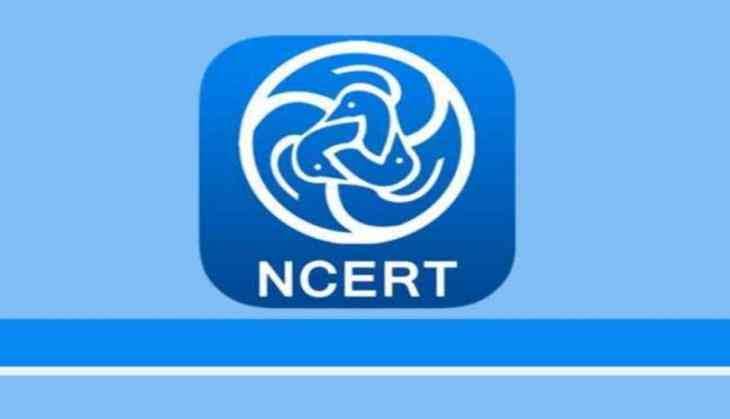NCERT Report Suggests Inclusion Of Marks Of Classes 9 To 11 In Class 12 Board Results
Bengaluru: The National Council of Educational Research and Training, NCERT, has proposed a new evaluation model for Class 12 board exams, which would include marks from Classes 9 to 11.
The national body has also proposed an increased emphasis on vocational and skill-based training. This proposal comes from a report titled “Establishing Equivalence across Education Boards.”
According to the suggestions, cumulative performance metrics will be inculcated with 15 per cent from Class 9, 20 per cent from Class 10, and 25 per cent from Class 11 for the evaluation of Class 12 board exams.
The report, submitted by PARAKH, a regulatory centre set up by NCERT, to the Ministry of Education in July 2024, advocates for a standardised assessment approach across all educational boards in India.
After discussions with 32 boards over the past year, the report recommends making vocational and skill-based subjects mandatory, including Data Management, Coding, Application Development, Artificial Intelligence, Music, Arts, and Crafts, to foster holistic learning, as outlined in the National Education Policy 2020 (NEP 2020).
Interestingly, the report also highlights the need to assess teachers’ performance and enhance school infrastructure. This includes ensuring the availability of potable water, well-resourced libraries, and adequate sports facilities to create a conducive learning environment.
Apart from weightage given to different classes, the evaluation for Class 12 will be split into formative and summative assessments. Formative assessments will include self-reflection, student portfolios, teacher assessments, project execution, and group discussions, while summative assessments will consist of traditional term-end examinations, the report said.
The new assessment design for Classes 9 to 12 will operate on a credit-based system, assigning weightage in terms of credits for each content unit.
While students in Classes 9 and 10 must accumulate 32 subject-specific credits (out of a possible 40), while those in Classes 11 and 12 must earn 36 subject-specific credits (out of 44). The remaining credits can be gained through online courses like MOOCs or research and community-based projects, as per the proposals.


Comments are closed.